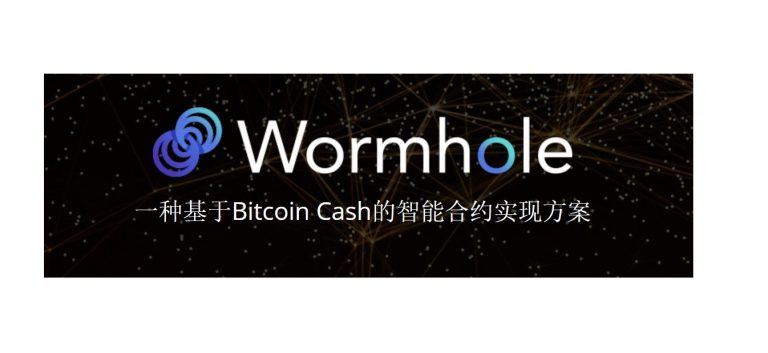2023-4-18 02:09 |
Polygon Labs and Ledger are urging EU lawmakers to amend certain clauses in the Data Act related to rules for smart contracts.
The companies wrote in a joint open letter that the current version of Article 30 of the Data Act will “inhibit innovation and economic growth” in the European crypto industry as it does not account for the intricacies of smart contract systems that are permissionless.
They added that the Data Act intends to “reduce the digital divide” to allow everyone to participate in these emerging systems; however, the current state of Article 30 will likely have the opposite effect and limit equal participation in these systems
“We respectfully request that you consider the proposed revisions to Art. 30 discussed below to ensure that this new law does not inadvertently capture open, transparent and permissionless parts of emerging blockchain technology.”
RecommendationsAccording to the letter, certain clauses in Article 30 need to be changed as the lack of clarity and specificity in the language broadens its scope beyond what is necessary.
It added that this could lead to an inadvertent and “unintended effect of prohibiting permissionless, autonomous smart contracts and the applications” that will undoubtedly fall under this umbrella.
The main issue raised in the letter is Article 30’s preamble, which stipulates that requirements within will be placed on “the party offering smart contracts in the context of an agreement to make data available.”
However, the letter argues that a significant portion of smart contract systems have no such party as they are autonomous and will be unable to comply with the Data Act’s mandate.
No offering partyThe companies urged lawmakers to revise the clause to ensure it can only be applied to “permissioned” smart contract based-systems that have an “identifiable natural person or corporate entity” that owns and operates it.
They also requested lawmakers to exclude software developers working on decentralized protocols and applications from the term “party offering smart contracts.”
“Given the autonomous nature of dApps and that no party “offers” them, we propose the EU include a specific amendment to Art. 30 to exclude software developers – those who write and publish code – from the scope of the provision to ensure that those engaged in software development are not inadvertently considered a “party offering” smart contracts.”
Additionally, the letter acknowledged that certain projects could claim to be decentralized but still have points of centralization. As such, only excluding software developers from the term ensures that entities with centralized control over these protocols are held accountable.
The letter urged lawmakers to clarify that “an agreement to make data available” can only apply to “traditional contractual agreements” between two people or corporate entities.
The current iteration of Article 30 forces centralization due to the clause that a smart contract must have the functionality to be terminated. As mentioned above, this would not be possible without a centralized entity controlling the system.
It also recommended that Article 30’s scope should be defined clearly by specifying that “agreement” only refers to personal data, trade secrets, or otherwise sensitive business information.
Polygon and Ledger closed by requesting lawmakers to ensure that the language and scope of the Data Act are similar to that of the Markets in Crypto Assets (MiCA) regulation, which accounts for fully decentralized cryptocurrency projects and excludes them from requirements placed on centralized entities.
The post Polygon, Ledger urge EU to amend smart contract rules forcing inadvertent centralization appeared first on CryptoSlate.
origin »Bitcoin price in Telegram @btc_price_every_hour
SmartCash (SMART) на Currencies.ru
|
|














